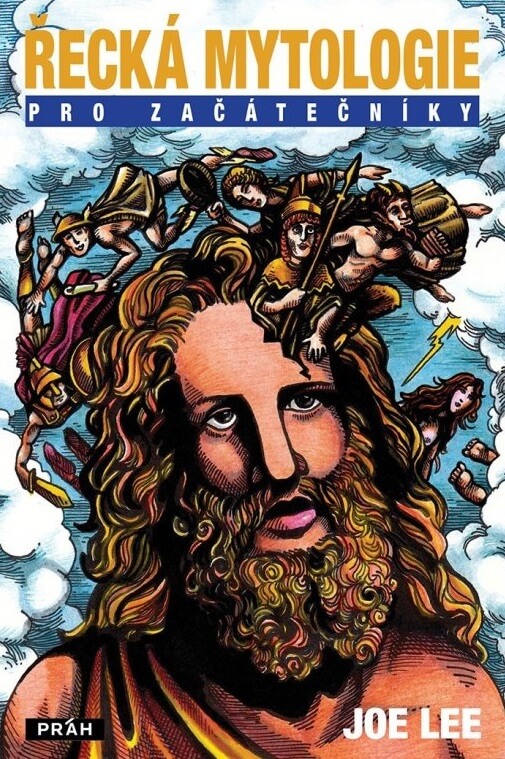 1
1

Arkaim and the texts of Rgveda about his builders
 25. 04. 2024
25. 04. 2024



 30. 10. 2020
30. 10. 2020

The University of Edinburgh has called it "Hilda" for years and has kept its skull for a very important reason. Hilda lived to be 60, almost twice the average life expectancy of that time! She died 2000 years ago.
This is where Karen Fleming, a forensic art student determined to give Hilda a face, enters the story. Although scientists have not been able to date with carbon to determine the exact date of death, information from the 1833 magazine states that she lived between 55 BC and 400 AD Hilda was Celtic, from Stornoway on the Isle of Lewis - an island northwest of mainland Scotland .
Karen said the facial reconstruction project helped her learn more about Hilda and the women of her time:
"Hilda was a fascinating figure. It is clear from the skull that she was toothless before her death, which is not very surprising given the diet at the time, but it was impressive how long she lived. The life expectancy of a woman at this time was about 31 years.
Karen explained to the BBC that she had made Hilda's face out of wax. First she started with facial muscles and then slowly formed the skin, face, ears, lips…
And the artist also shyly admitted that Hilda had almost melted in the heat wave that engulfed much of Europe:
"It's funny, but for most of the summer I had to keep parts of Hilda, like her modeled ears, in the fridge."
Even though we now know what Hilda looked like, we don't know much about druids, says Ronald Hutton, a professor of history at the University of Bristol. Notes that the word "druid" means a person who practices religion or magic:
"The problem is that we often don't know what the word really means in practice. Because there are many Celtic languages spoken by many Iron Age Celtic people, it can mean anything. In Celtic-speaking societies, anyone can be called a druid, from a man in a pub to a mage who reads from the palm of his hand. "
Whoever Hilda was, she finally got her face back after two centuries.
There would be a Western civilization without Greek myths? We would be able to define our society and ourselves without any reference to the magnificent, magnificent, passionate, exciting and disgusting actions of the inhabitants Olympus?
Greek mythology for beginners represents to readers panteon - an immortal set of villains, heroes, outcasts and tyrants - and stories about these deities and their dealings with mortals. He is looking for their unceasing influence on our thinking and culture.
So call yourself Hermes winged sandals, saddle Pegasus or grab the nearest one Harpies (don't forget to keep your eyes closed) and fly into a world that is as old as itself Chaos - to the ancient, and yet so freshly up to date Greek myths!

Joe Lee: Greek mythology for beginners